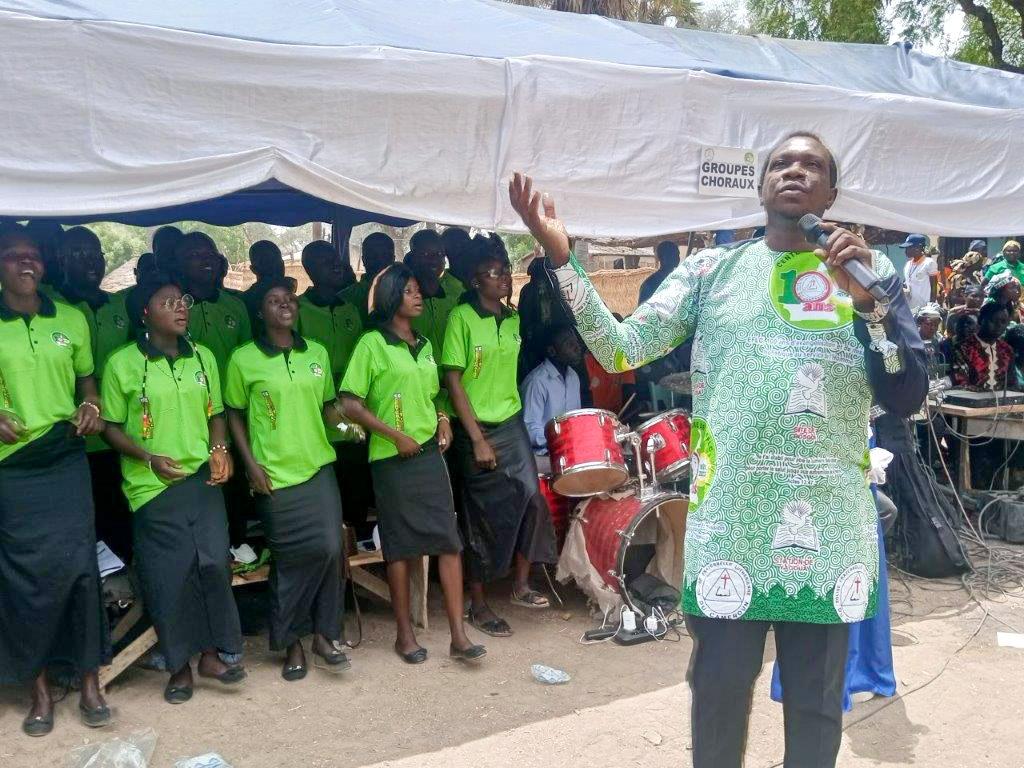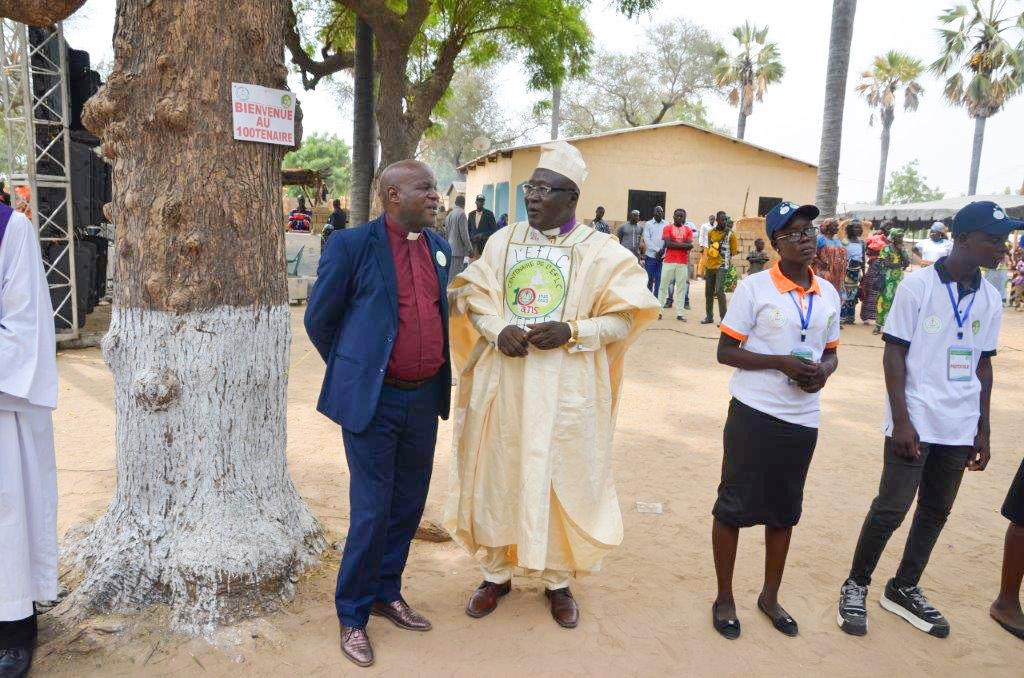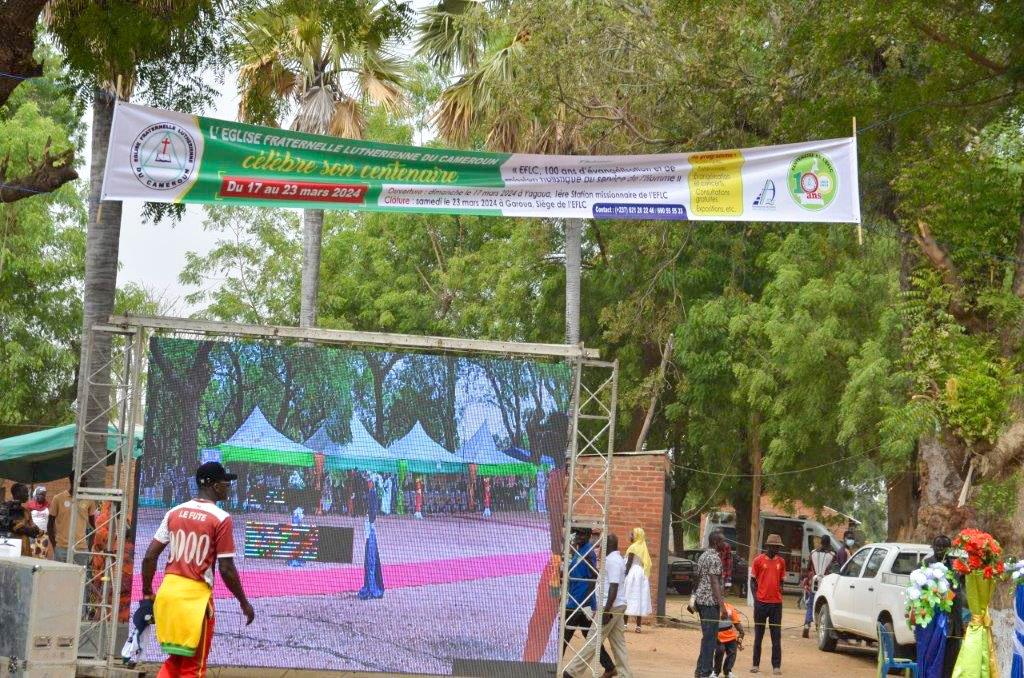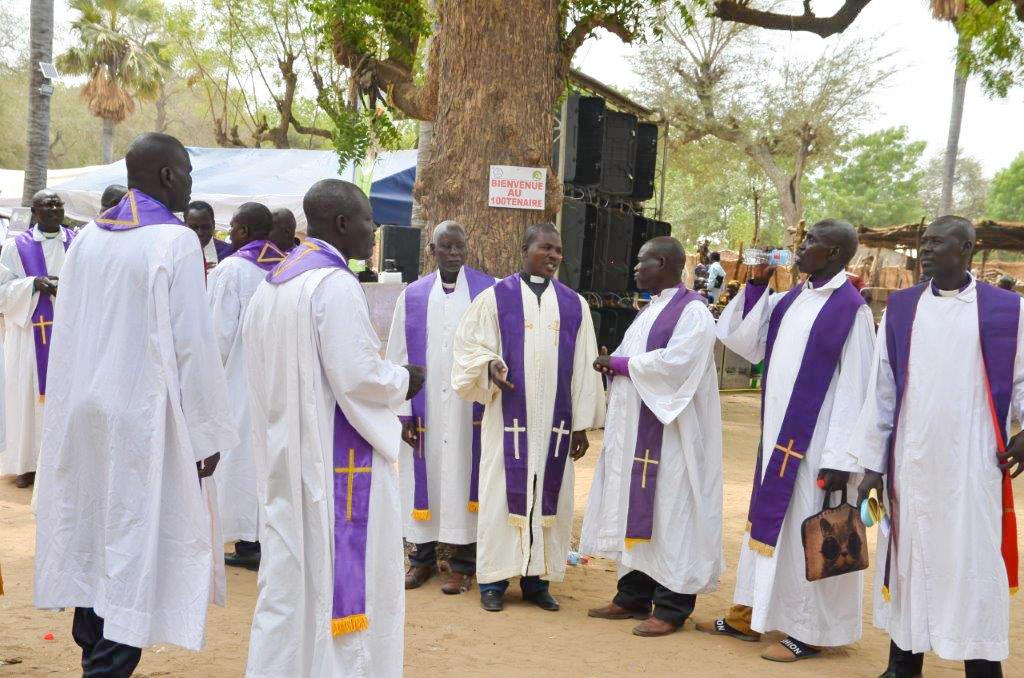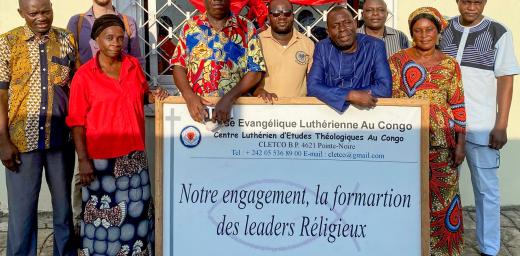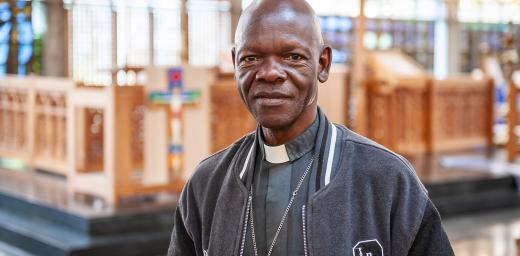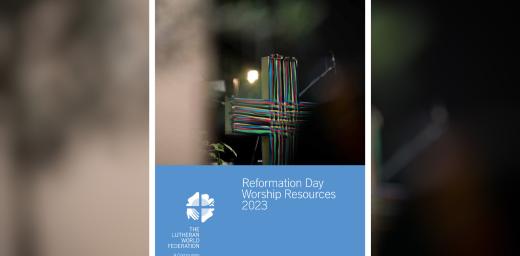Church of the Lutheran Brethren of Cameroon celebrates 100 years
(LWI) –A stronger and more visionary church, dedicated to mission, committed to fighting injustices, fostering reconciliation, unity, peace, and transformation, were key messages as the Church of the Lutheran Brethren of Cameroon (Église fraternelle luthérienne du Cameroun – EFLC) recently celebrated 100 years since its founding.
“Evangelization and holistic mission in the service of humankind” was the theme of the 17-23 March festivities that started in the northern town of Yagoua, where the church’s first mission was set up in 1923.
In his address at the inaugural outdoor service in the parish of Yagoua, EFLC President Rev. Alvius Debsia Dabah emphasized the church’s responsibility in safeguarding unity. “May the century that separates us from the sacrifices of the first American missionaries and Cameroonian pastors serve to teach us to understand the great precariousness of peace and unity,” he said.


